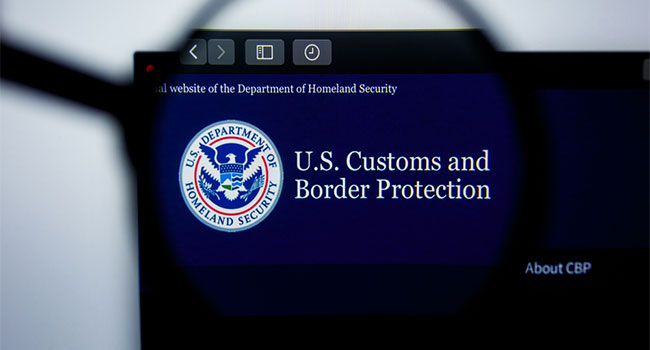
Customs and Border Protection Drops Plans To Expand Facial Recognition Scans to American Travelers
The decision to reverse plans to expand facial recognition at ports of entry came after widespread criticism from legislators and activists.
- By Haley Samsel
- Dec 06, 2019
Following criticism from privacy advocates and legislators, the Department of Homeland Security said it has dropped plans to expand required facial recognition scans to include citizens entering and leaving the U.S.
While the technology has already been piloted with foreign visitors to the U.S., legal permanent residents and American citizens are not currently required to do the facial scans. In a regulatory agenda filed by the Trump administration this week, the department originally indicated its plans to “provide that all travelers, including U.S. citizens, may be required to be photographed upon entry and/or departure.”
A spokesperson for Customs and Border Protection told TechCrunch on Thursday that the agency has “no current plans” to carry out this action. Now, DHS will have the “planned regulatory action regarding U.S. citizens removed from the unified agenda next time it is published.”
The policy change was originally considered because having separate processes for foreign nationals and American citizens at ports of entry was creating “logistical and operational challenges that impact security, wait times and the traveler experience,” the spokesperson said.
“Upon consultation with Congress and privacy experts, however, CBP determined that the best course of action is to continue to allow U.S. citizens to voluntarily participate in the biometric entry-exit program,” the spokesperson said, according to TechCrunch.
The about-face took place just a few days after the plans were widely reported. Sen. Ed Markey (D-Mass.) had threatened to introduce legislation banning the required scans, stating that the policy would amount to “disturbing government coercion.”
Jay Stanley, a senior policy analyst with the American Civil Liberties Union who had criticized the policy in media reports, said that the proposal should never have been issued.
“It is positive that government is withdrawing it after growing opposition from the public and lawmakers,” Stanley said in a statement. “But the fact remains that the agency attempted to renege on what was already an insufficient promise, and has not yet committed to ensuring that immigrants will not be forced to submit to this surveillance.”
Stanley added that Congress should take more action on the issue and restrict DHS from using facial recognition. “The government cannot be trusted with this surveillance technology,” he said.
About the Author
Haley Samsel is an Associate Content Editor for the Infrastructure Solutions Group at 1105 Media.